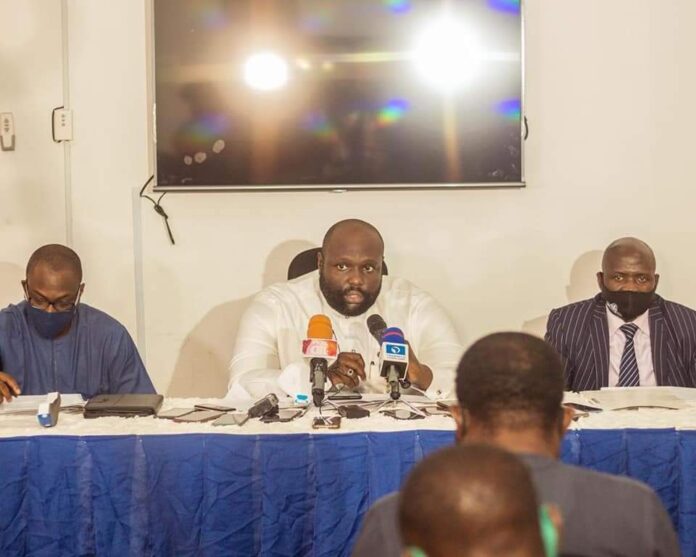Cross River has reportedly strengthened its financial systems to affect revenue collection, payroll fraud, transparency, debt management, debt sustainability, and budgeting etc NEGROIDHAVEN can say.
The Commissioner for Finance, Asuquo Ekpenyong Jnr, made this disclosure on Friday while addressing journalists in Calabar the Cross River capital city in respect of successfully securing the World Bank SFTAS’ $20.4 million in grants.
According to Ekpenyong, ‘Cross River state has strengthened its Internally Generated Revenue (IGR) collection, implemented biometric verification to reduce payroll fraud, improved its procurement practices for increased transparency, strengthened its public debt management and fiscal responsibility framework, improved debt sustainability and instituted a more transparent budgeting process over the course of the fiscal year’.
Ekpenyong added that this development is a product of an ‘assessment exercise which was conducted in September 2020 by the Independent Verification Assessors (IVA) from the office of the Auditor General of the Federation and JFR Consulting, showed that Cross River state achieved 6 Disbursement Linked Indicators (DLRs), out of 9 applicable DLRs for 2019, and 3 DLRs out of 3DLRs, i. e 100% for the 2020 additional financing’; (the last phrase bothers on the States Fiscal Transparency, Accountability and Sustainability, SFTAS, programme).
‘The independent verification success is a confirmation of the Ayade led administration’s commitment to transparency and fiscal performance’, Ekpenyong concluded.
The SFTAS programme —a four year programme that runs from 2018 to 2022 with a budget size of $750million— is a product of mutual agreement between the Federal Government of Nigeria and the World Bank, designed to strengthen the fiscal transparency, accountability and sustainability in Nigerian states as a way of improving their revenue base, increase fiscal efficiency in public expenditure and reducing debt overhang.









